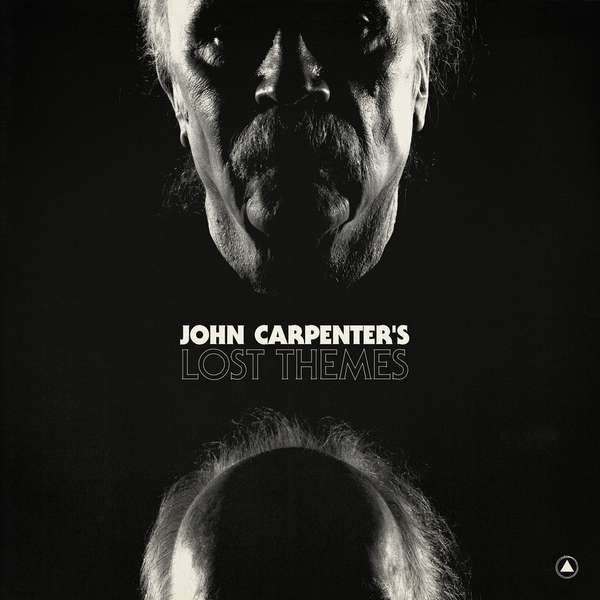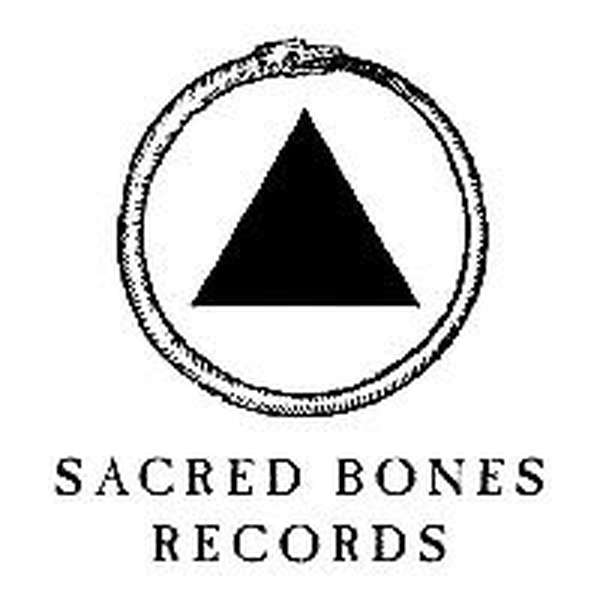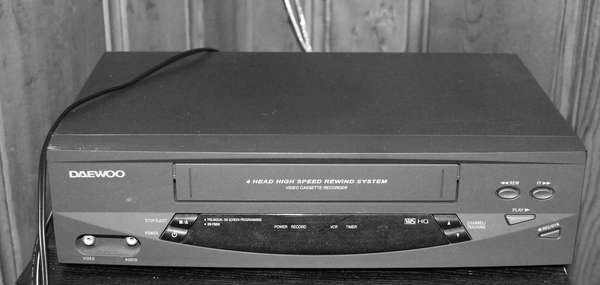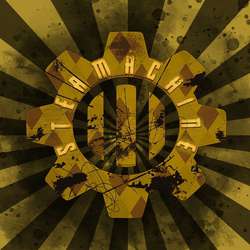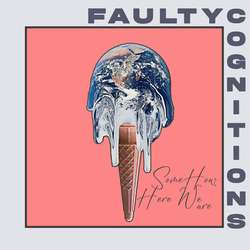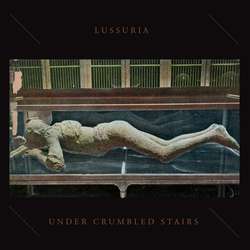Having produced the energetic low-budget action picture Assault on Precinct 13 in 1976 prior to laying the foundations of the modern slasher movie with 1978's Halloween, film director John Carpenter positioned himself as a master of frightening and just plain exhilarating cinema with the early '80s trio of The Fog, Escape from New York, and The Thing. 1983's Christine (based on the Stephen King novel) was a step backward, but the following year's Starman proved to be a return to form - and one of the most "different" pictures of the director's career. Ready-made cult items appeared in the form of 1986's Big Trouble in Little China and 1988's They Live, both highly enjoyable, and 1987's Prince of Darkness is, in my opinion, an under-appreciated genre shocker. Carpenter's career bottomed out after that point however: his films from the '90s were very hit or miss, and it became painful to watch one of the horror genre's most talented and acclaimed directors slug through a listless remake of Village of the Damned, the comical but mostly ineffective Escape from L.A., and In the Mouth of Madness, which turned out a mildly intriguing mess. After 2001's disastrous Ghosts of Mars, Carpenter retreated into semi-retirement, yet his legend has only grown over the past decade.
Undoubtedly, Carpenter is best known for his contributions to cinema, but I could easily make an argument that he's been equally influential as a musician. The vast majority of Carpenter's films featured memorable soundtracks that he himself had composed and performed. Over the years, dozens of groups have not only acknowledged Carpenter as having inspired their sound, but many have aimed to essentially mimic his classic soundtracks in their own music.
Considering how well-received his soundtrack work was, it's surprising that up until 2015, there had never been a John Carpenter solo album release – a fact which only added to the curiosity of Lost Themes. Containing the musician's first material not intended for use in a particular film, the album's nine instrumental tracks revolve largely around the composer's trademark synthesizers and keyboards. This ensures that it fits in nicely alongside the “classic” Carpenter music, yet the album's tracks are more indebted to prog rock, having a more modern sound and noticeably stellar vibe that separates them from Carpenter's typically mechanical, intimidating, and menacing soundtrack cues.
Part of the reason why Carpenter's soundtracks worked as well as they did is because the compositions were decidedly minimalistic and almost under-composed, creating a hypnotic, mesmerizing backdrop for the visuals. When those visuals are removed however, there's almost not enough going on for them to be an entirely satisfying musical experience, a problem that I've noted before with regard to synthesizer music. Lost Themes opener “Vortex” accurately replicates the gloomy, futuristic atmosphere of something like Escape from New York, yet has a familiar, predictable trajectory that doesn't much change over its four and three-quarter minute duration. Driven by bouncing synth, stomping kick drum, and grimy bass, the murky ambiance of the track is seared by piercing background chords that pop up intermittently. Still, it goes nowhere, content to simply repeat and alternate its musical elements until it concludes.
At nearly nine minutes, "Obsidian” is the longest track here and one that thankfully has a bit more zip provided in the form of occasional wailing guitar solos. The decidedly progressive piece certainly seems to be trying to tell a story, working through slower sections and a tinny keyboard solo on its way towards a more shuffling conclusion. I could almost see it being at home on Jeff Wayne's (jaw-dropping) War of the Worlds musical. “Fallen” is the first of several tracks that play like mash-ups of separate compositions: after a drudging opening section, there's an abrupt transition into a more peppy second half. This almost suggests that although he's composing stand-alone tracks, Carpenter isn't entirely comfortable making coherent and consistent, flowing compositions - a notion confirmed when the opening and second halves of the slightly more delicate “Mystery” are mostly unrelated to one another.
A bit of classical music flair appears in the dramatic keyboard parts in the lengthy “Domain,” while the ponderous opening of “Abyss” eventually gives way to pounding techno and a fairly quiet, eerie conclusion. “Wraith” follows a similar pattern, with swirling guitar sounding under the tinkling keyboard lines before bubbling, gurgling and screeching synths dominate the vaguely more distressing and downbeat penultimate track “Purgatory.” Finale “Night” ends the album much as it began, with a minimalist synth track. Unfortunately, though it sounds cool and harkens back to the John Carpenter I know and love, it's mostly pointless and probably the weakest track on the album.
In its deluxe version, Lost Themes includes around a half hour of unessential remixes which attempt to update the Carpenter sound for 2015. ohGr's punishing rework of “Wraith” is probably my favorite of these, and I found it eye-opening that JG “Foetus” Thirlwell and Silent Servant seem to out-Carpenter John Carpenter in their versions of (respectively) “Abyss” and “Vortex.” Even with the added tracks though, Lost Themes is strictly middle-of-the-road: an album that's well-suited for use as background ambiance but isn't potent enough to truly warrant active listening. As time goes on, I've realized that my fondness for synthesizer music (and chiptune for that matter) is more reliant on feelings of nostalgia than on a genuine appreciation for the sound and compositional style of the genre. John Carpenter is still doing his thing and his fans may want to check this album out just to say they did, but nothing here is likely to stand up favorably against classic works whose reputation and legacy has built to epic levels over the past three decades.
